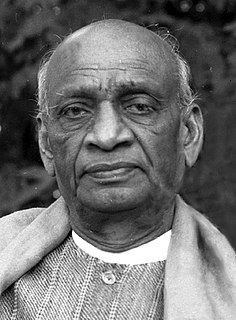A Quote by Jim Woodring
When I started formulating the first Frank comic, I knew I wanted it to be something that was beyond time and specific place. I felt that having the characters speak would tie it to 20th-century America, because that would be the idiom of the language they would use, the language I use.
Related Quotes
There is something false in this search for a purely feminine writing style. Language, such as it is, is inherited from a masculine society, and it contains many male prejudices. We must rid language of all that. Still, a language is not something created artificially; the proletariat can't use a different language from the bourgeoisie, even if they use it differently, even if from time to time they invent something, technical words or even a kind of worker's slang, which can be very beautiful and very rich. Women can do that as well, enrich their language, clean it up.
It's up to the artist to use language that can be understood, not hide it in some private code. Most of these jokers don't even want to use language you and I know or can learn . . . they would rather sneer at us and be smug, because we 'fail' to see what they are driving at. If indeed they are driving at anything--obscurity is usually the refuge of incompetence.
I don't particularly care about having [my characters] talk realistically, that doesn't mean very much to me. Actually, a lot of people speak more articulately than some critics think, but before the 20th century it really didn't occur to many writers that their language had to be the language of everyday speech. When Wordsworth first considered that in poetry, it was considered very much of a shocker. And although I'm delighted to have things in ordinary speech, it's not what I'm trying to perform myself at all: I want my characters to get their ideas across, and I want them to be articulate.
Being a slow reader would normally be a deficiency; I found a way to make it an asset. I began to sound words and see all those qualities - in a way it made words more precious to me. Since so much of what happens in the world between human beings has to do with the inconsideration of language, with the imprecision of language, with language leaving our mouths unmediated, one thing which was sensuous and visceral led to, in the use of language, a moral gesture. It was about trying to use language to both exemplify and articulate what good is.
The language that we use now impacts on the ability to vote, it impacts on the marketplace; instead of making things clear, it makes it more confusing. I think we need to stop using neutral language and speak in straighter terms. So when you agree to something, you actually get what you agreed to in the first place.
The language in New Mexico is very different. At first when you hear the speech here, you don't really know what to do with it, but then I just went with it, because as a writer as well as a translator I do believe that translated words are not different names for the same thing. They're different names for different things. I tried to stay as true as I could, so I used Ruben Cobos' dictionary of Southwestern Spanish, and when I went into Spanish I never assumed the word I would use would be the word a nuevomexicano would use.
Dare I speak ,to oppressed and opressor in the same voice? Dare I speak to you in a language that will move beyond the boundaries of domination- a language, that will not bind you, fence you in, or hold you? Language is also a place of struggle. The oppressed struggle in language to recover ourselves, to reconcile, to reunite, to renew. Our words are not without meaning, they are an action, a resistance. Language is also a place of struggle.








































